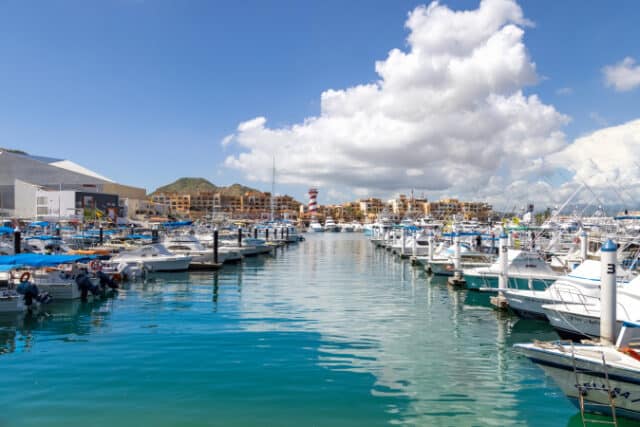
Boating is a tradition for most Floridians, and it’s a popular way to relax for many reasons. There are now more than one million registered boats in Florida, which means more people are taking up boating every year.
There’s something refreshing about being out on the water, floating around on a hot day with an ice-cold drink. Even when it’s hot outside, just being on the water for a short period of time can feel amazing.
While everyone heads out to the water this summer, many people will be enjoying their time on boats with an inboard motor. Compared to the typical outboard motor, inboard motors are starting to become more popular in Florida these days.
Why are inboard motors gaining popularity?
Generally speaking, there are two types of boat motors: inboard and outboard. Outboard motors sit outside of the boat partially in the water, while inboard motors sit entirely inside the boat, usually at the hull. Both have advantages and disadvantages, but inboard motors have several advantages that make them ideal:
- Better fuel-efficiency. Inboard motors are more fuel-efficient than outboard motors. That is when you’re talking about gas motors. You can also find electric inboard boat motors and skip the fuel entirely.
- Greater power. Inboard boat motors are similar to car engines, which means they have more torque and horsepower compared to outboard motors. When you have a larger boat, you need the power of an inboard motor.
- Less maintenance. Although accessing an inboard motor is more challenging, they require less maintenance in general. You’ll go about 1,5000 hours before needing to service an inboard motor, while outboard motors will require servicing at around 750 hours of use.
Another great point is that inboard motors don’t need to be drained like outboard motors do, which keeps them safe from moisture damage caused by regular use.
- Quieter operation. Outboard motors make quite a bit of noise, while inboard boat motors are much quieter. This makes boating a more pleasant experience, and it also makes it easier to fish.
- Less pollution. If you’re concerned about the environment and don’t want to leave behind pollution, an inboard motor is less likely to harm the environment through spills and leaks. It also creates less of a disturbance in the water. If you want a motor with zero emissions, electric inboard boat motors produce only heat as a by-product of operation.
There are some downsides to inboard boat motors, although the pros tend to outweigh them.
Here are some things to consider about inboards:
- Inboard motors carry a greater risk of starting a fire. However, you can run a bilge blower to eliminate the fire hazard. A bilge blower is a fan that blows flammable fumes away from the engine. If there’s a leak in your gas line, fumes will build up and may cause an explosion, so running a bilge blower is critical.
- Inboard motors are more expensive. Naturally, due to the high-quality construction, an inboard motor will cost more than an outboard motor. However, the extra cost is worth it if it’s within your budget. You’ll only need to perform maintenance half as often, and it will be more convenient, not to mention more powerful.
- Inboard motors are harder to replace. Once you get your inboard motor installed, if you need to replace it, you’ll have to do some work. However, it’s not impossible and you can pay someone else to do it for you.
- Inboard motors take up more space in your boat. Naturally, anytime you put something in your boat you’ll lose space. This is just something you’ll need to come to terms with if you want an inboard motor.
Inboard motors are here to stay
There will always be people who prefer the outboard motor, and there are many good reasons to have this preference. However, more people are realizing the benefits of inboard motors, and it seems they are here to stay.












